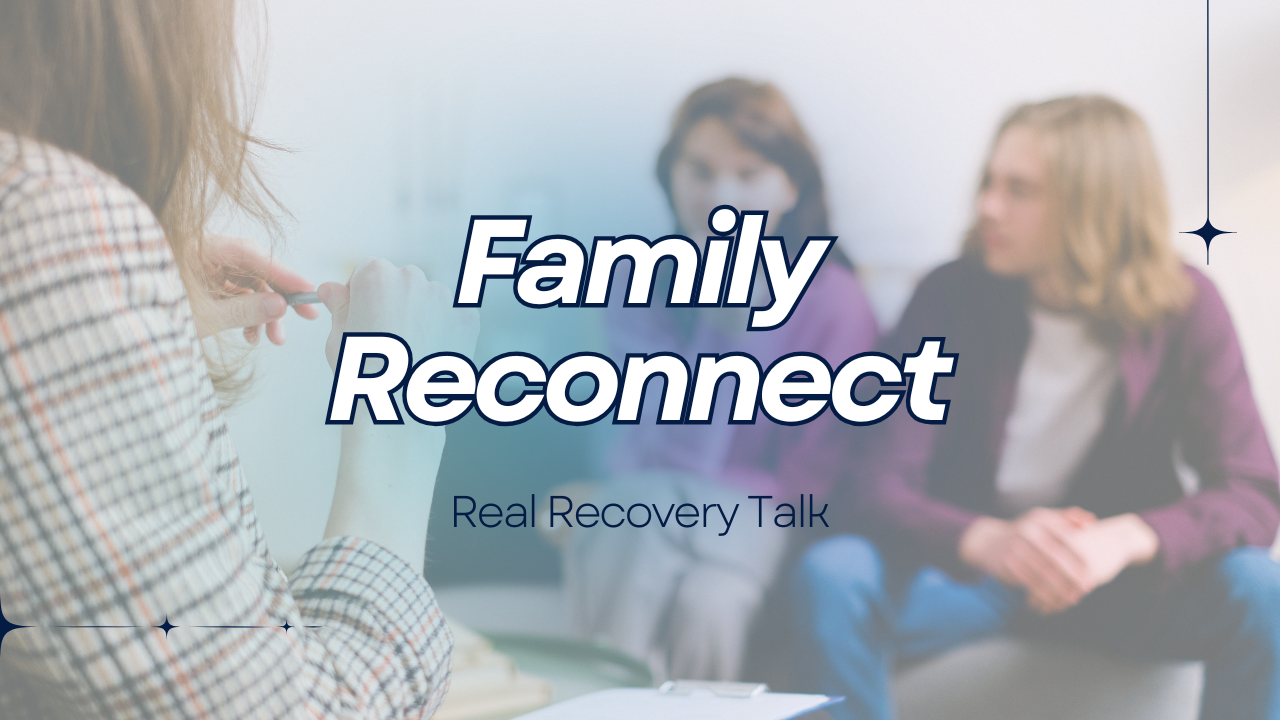
Blog 007 : Stop Enabling and Start Helping Your Addicted Loved One
Aug 26, 2024Dealing with a loved one’s addiction can be one of the most challenging and emotionally taxing experiences. If you’re wondering, “How can I help an alcoholic family member?” it’s crucial to recognize the fine line between providing support and enabling harmful behaviors.
Understanding the difference between enabling and genuinely helping is essential for fostering a supportive environment that encourages real progress. In this blog post, we’ll explore effective strategies to stop enabling and start helping your addicted loved one.
Understanding and Recognizing Enabling Behaviors
A survey from the Pew Research Center found that 46% of Americans have someone in their family addicted to drugs or alcohol. One of the biggest mistakes that family members make is supporting their habits without realizing their actions are hurting them more.
You want to help them, but you also don’t want to push them further into their addiction. What’s the fine line between supporting them and enabling them?
Enabling refers to behaviors that inadvertently support and sustain an alcoholic family member’s addiction rather than helping them overcome it. These behaviors often include covering up their mistakes, such as making excuses for their absenteeism at work or hiding the consequences of their actions from others.
Financial support that goes directly to fueling their addiction is another common example of enabling. While these actions might seem compassionate or protective, they can actually perpetuate the cycle of addiction.
By shielding your loved one from the consequences of their behavior, you may unintentionally hinder their motivation to seek help and address their addiction. Understanding and recognizing these enabling behaviors is the first step toward fostering a more effective and supportive approach to helping your family member.
How to Recognize Enabling Behaviors
Identifying when you’re enabling addiction behaviors requires a keen awareness of your own actions and their potential impact on your loved one’s recovery. Enabling involves unwittingly supporting patterns that allow the addiction to persist rather than addressing the underlying issues.
To recognize if you’re enabling, take time for self-reflection to assess your actions and motivations. Ask yourself whether your behavior is helping your loved one avoid facing the natural consequences of their addiction or if it is inadvertently making their situation easier to maintain. If you honestly assess your involvement and its effects, you can identify whether your support promotes addiction or inadvertently perpetuates it.
Shifting from Enabling to Helping
Transitioning from enabling to genuinely helping your alcoholic family member involves setting clear and firm boundaries while encouraging them to take responsibility for their actions. Establishing boundaries defines what behaviors are unacceptable and what you are unwilling to tolerate. This creates a framework allowing your loved one to pursue recovery and work on freeing themselves from addiction.
Try to encourage them to face the consequences of their actions, which can motivate them to seek help and make necessary changes. Support their recovery efforts by promoting participation in therapy, support groups, or other treatment programs that address their addiction. These strategies help you create a supportive environment that fosters personal accountability and actively contributes to their path to recovery.
Effective Ways to Help
To effectively support a loved one struggling with drug or alcohol addiction, it’s essential to educate yourself about the nature of addiction and its effects on both individuals and families. Understanding the complexities of addiction can provide insight into the challenges your loved one faces and guide you in offering appropriate support.
A real friend is open and honest when discussing a complex topic such as addiction. Approach conversations with empathy and focus on expressing concern rather than judgment. Also, seeking an addiction specialist or counselor can provide your loved one with expert help and structured support.
Alongside these strategies, offering consistent emotional support and encouragement strengthens them. Listening to them and affirming their efforts in recovery can bolster their resilience and motivation toward a healing journey.
Importance of Your Self-Care
Prioritizing self-care ensures you address your mental needs and remain resilient in your supportive role. Seeking your own support through therapy or groups can provide valuable emotional relief and practical advice for managing your challenges.
It’s also vital to avoid codependency, which can occur when you become excessively involved in the addicted person’s life. Maintaining healthy boundaries and nurturing your interests and relationships are key to preventing burnout and ensuring you can continue offering meaningful support without losing yourself.
Supporting an Alcoholic Family Member with Real Recovery Talk
As you navigate the journey of supporting an alcoholic family member through addiction, it's essential to encourage growth and healing for both yourself and them. Engage in ongoing recovery activities and set achievable goals to foster continuous improvement.
For those looking for structured support, the Real Recovery Talk Family Program offers valuable tools and resources to help families effectively support their loved ones. No longer will you question, "How can I help an alcoholic family member?" From our program, you'll gain practical strategies and emotional support to guide you and your loved one through recovery.


